
FOR THE NEW YEAR
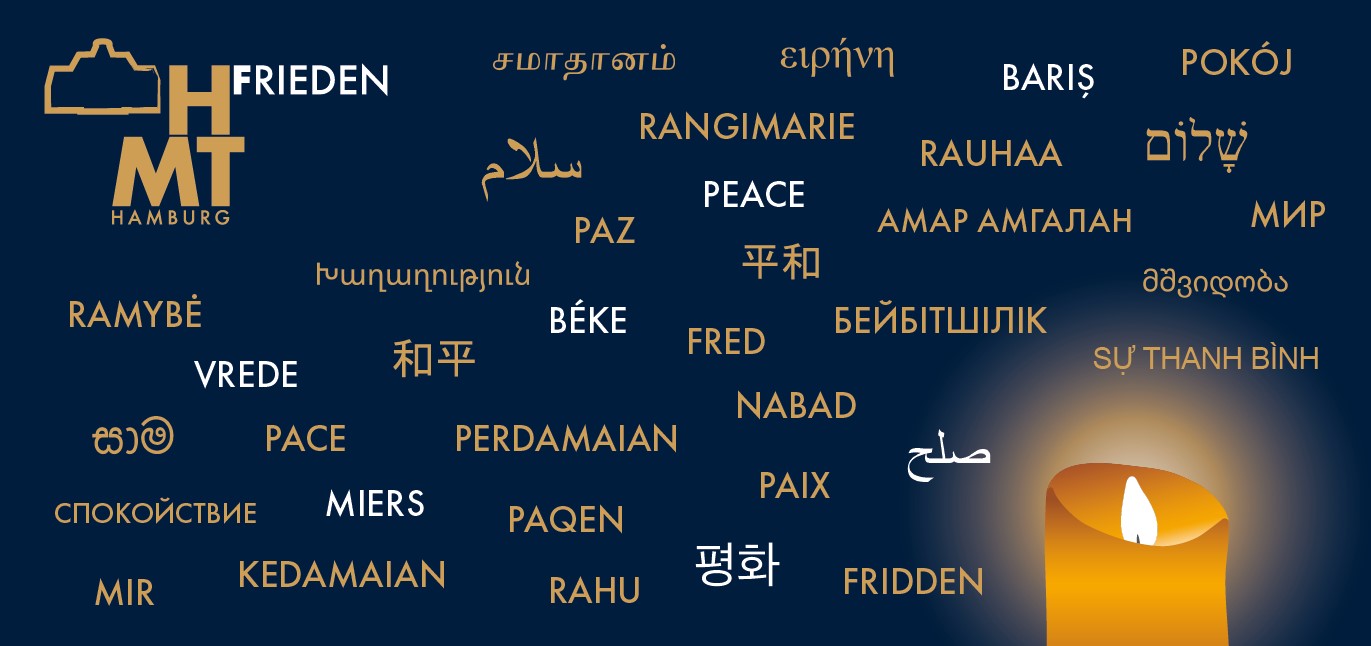
Dear friends of the HfMT,
We wish you a wonderful New Year from the bottom of our hearts!
May your wishes come true, may you succeed in many things and be blessed with moments of happiness!
As a university community, we look at world events and long for peace. We have compiled the word in the languages of our students from currently 67 countries of origin and are taking this collection with us into the New Year as our image.
Our wish is accompanied by the constant search for a suitable role that we as an institution can play in this. Intercultural understanding, the creation of a discursive and respectful coexistence and a variety of sincere encounters are essential points of reference.
We have encounters not only with each other, but also with you, our visitors and supporters. We are grateful for this connection and look forward to seeing you again in 2024.
With this in mind: let's go!
After a pleasant break, we are ready for the big show again.
We've kept a little bit of gift-giving spirit and are kicking off this newsletter with a competition :-)
Read what's going on with us in January.
Your HfMT
DON'T MISS: ORFEO
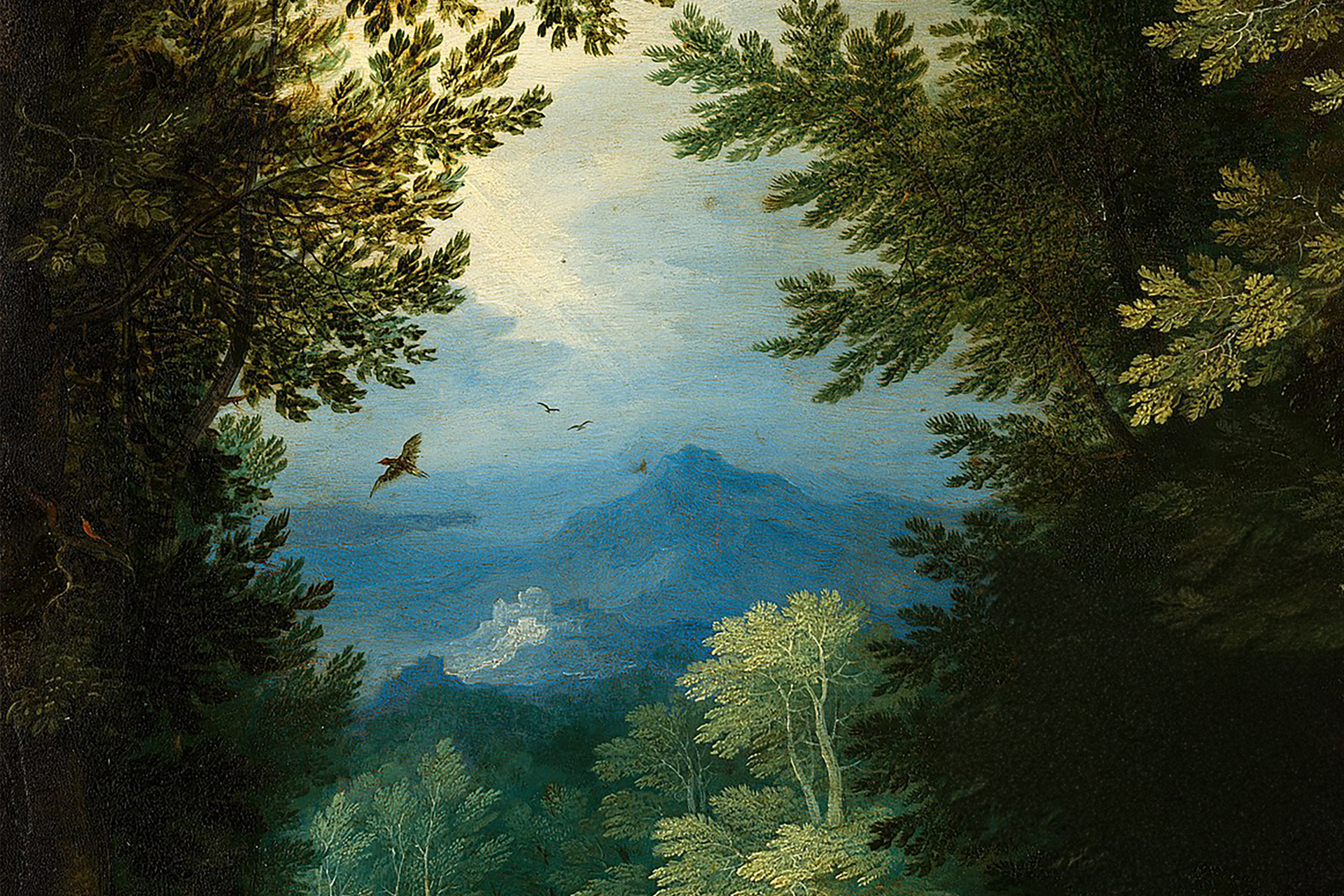
A 'music-historical explosion', the 'birth of opera', 'groundbreaking milestone': there are many apt attributes for Monteverdi's Orfeo. In our case, the semi-staged performance of this early "first opera" fulfills a long-cherished dream of voice professor Mark Tucker, who himself has sung the role of Orfeo many times and penetrated its depths.
Under his direction and in collaboration with his colleagues Isolde Kittel-Zerer (musical rehearsals) and Catharina Lühr (choreography) as well as through theoretical preparation in accompanying seminars, we are bringing this epochal work to the stage with an international ensemble made up of many specialist groups and can already promise a brilliant listening experience that has been realized with a great deal of passion.
+ + + Ticket prize draw + + +
Describe your best HfMT experience from 2023 and send it by email to newsletter@hfmt-hamburg.de by January 8. We will raffle 5x2 free tickets for your desired date among the entries and will inform you on January 9 if you win.
If you can't make it: come anyway - you shouldn't miss Orfeo! And we hope for full halls. The days are getting longer, the spirit of enterprise can be kissed awake. Get on your feet. We are here...
Semi-staged performances of Monteverdi's Orfeo on January 12 and 13 in the Rudolf Steiner House
EUGENE ONEGIN TRANSLATED INTO THE PRESENT DAY
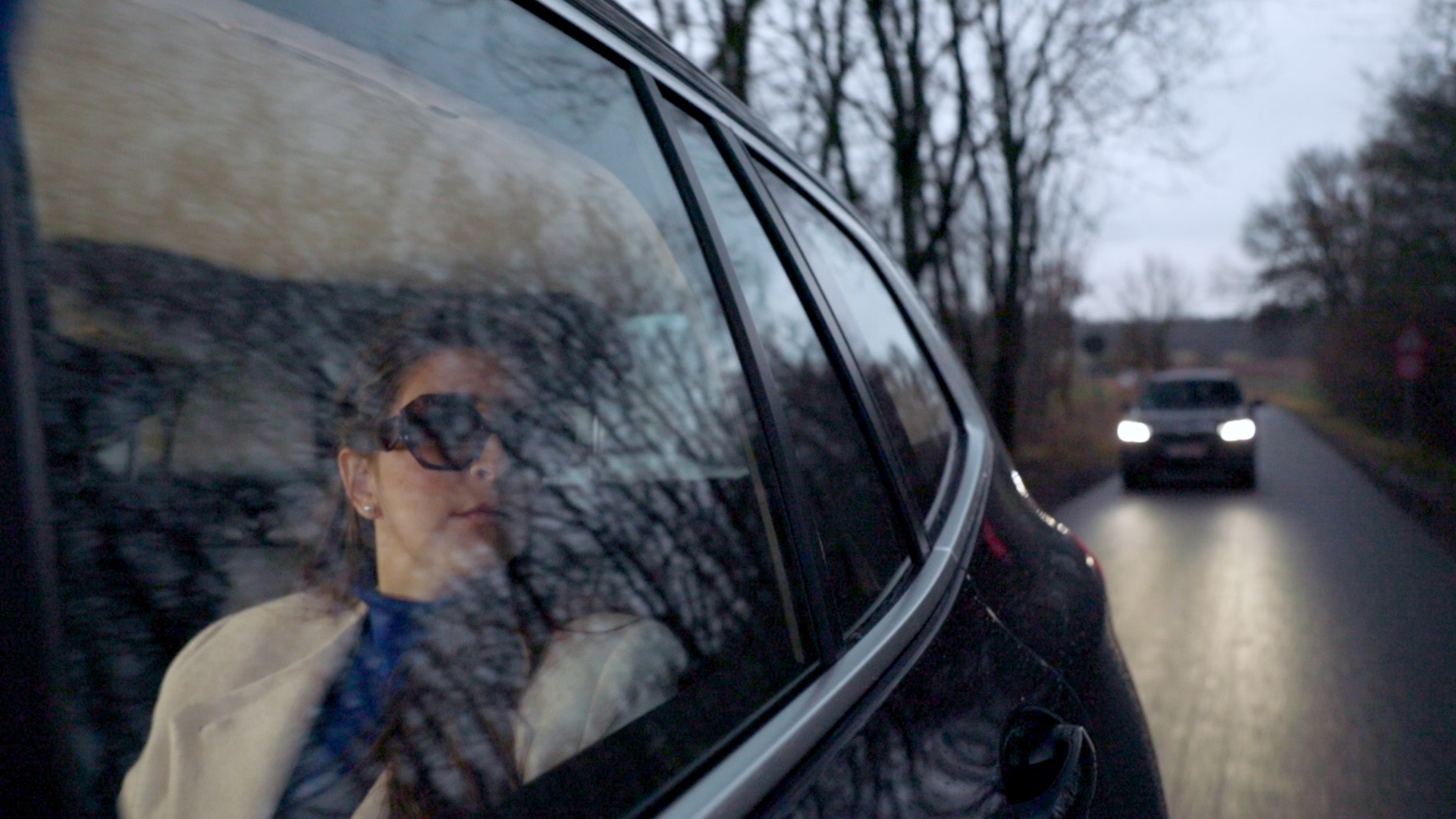
In his final production, Matthias Piro takes on the opera Eugene Onegin by Pyotr I. Tchaikovsky, based on the novel by Alexander Pushkin, with the particular aim of transferring Pushkin's socio-critical view to the present day. In conversation with dramaturge Talisa Walser, he describes it like this:
"If you think about how Pushkin wanted to shed light on the real lives of ordinary people and portray realistic circumstances, these genuine emotions of the characters still have an impact today. It's about questions that have a lot to do with our identity and socialization, and many things resonate here: Education, patriotism, nationalism, homophobia, or even a young woman's ability to make decisions in this society."
Conductor Constantin Schiffner adds: "Tchaikovsky takes the verse novel as a basis because he is interested in precisely these genuine feelings and moments. With the music, he has created a psychogram of the individual characters and describes what is between the lines, what cannot be seen but can be felt and heard.
The production integrates a third space: "in various scenes, the video level is a window into the inner views of certain characters. Through the live camera, the audience sees at important moments what would otherwise be denied to the naked eye. This level allows us to look much deeper into the character," says Piro. "Above all, it was important to us to tell a story that touches our generation. We have an extremely committed ensemble. They want to tell the story and are very engaged with their roles. Our ball is a house party and all of us on and behind the stage are still very close to this partying youth. Much of our reality has been incorporated into the production."
COLONIALITY AND THE ARTISTIC CANON
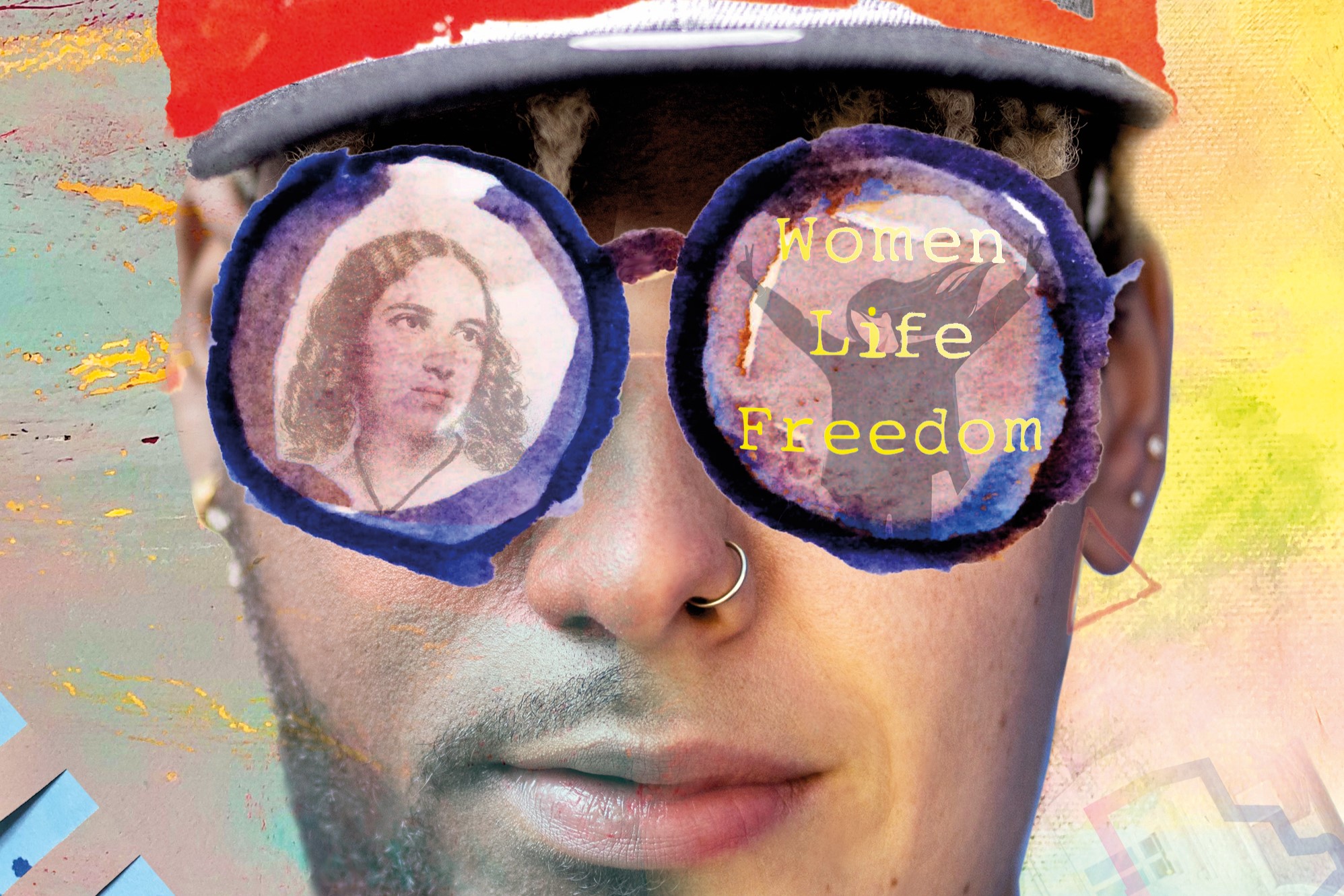
The next Study Week in the Diversity can Inspire series is coming up. This time, we are taking a closer look at the topic of coloniality. We are counting on a wealth of in-house expertise and also welcome interesting guests to enrich the courses on offer.
Together, we will reflect on the extent to which postcolonial content still dominates our concert and theater companies. We learn to understand existing structures and at the same time consciously counteract them.
The lecture series is a good introduction to the topic.
Lecture series on coloniality on January 16 in the Mendelssohn Hall
DIRECT PARTICIPATION
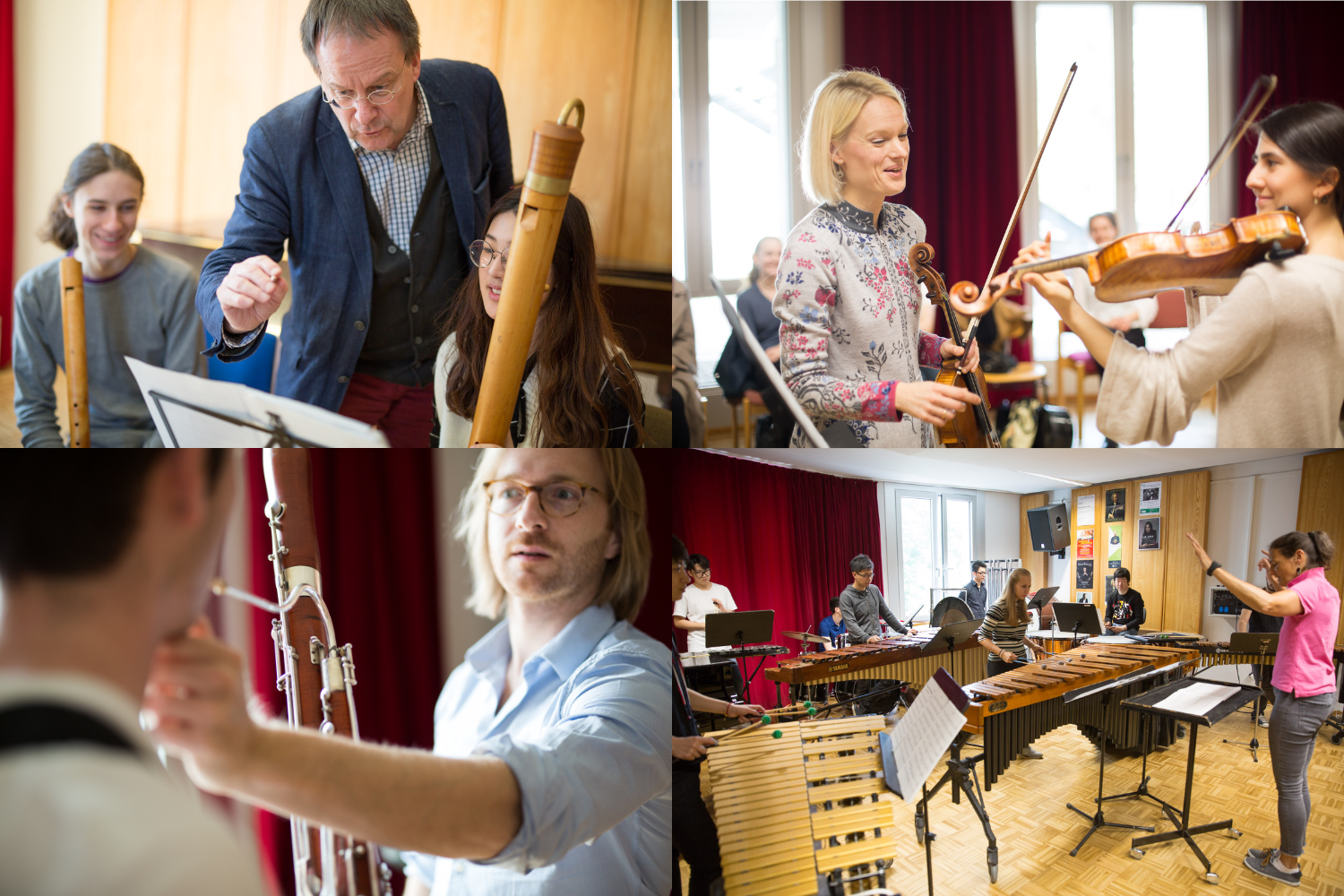
It is the heart of instrumental and vocal training: individual artistic lessons with the main subject teacher. This is where we shape and hone, work and create, reflect and perfect - tailored to the needs of the individual at that very moment.
Based on great trust and intensive exchange, these lessons provide inspiration and guidance week after week for the practice and progress of the soloists, chamber and orchestral musicians of tomorrow.
In keeping with tradition, we show the fruits of this work at our studio concerts, in which the classes present their current level of ability. They are a continuous item, yard goods so to speak... but at the same time of particular beauty and authenticity, because this is where you can participate most directly in the artistic processes.
We have prepared a whole day of studio concerts for you on January 20. You can stroll from room to room and "browse".
WELCOME ALEXEY STADLER!
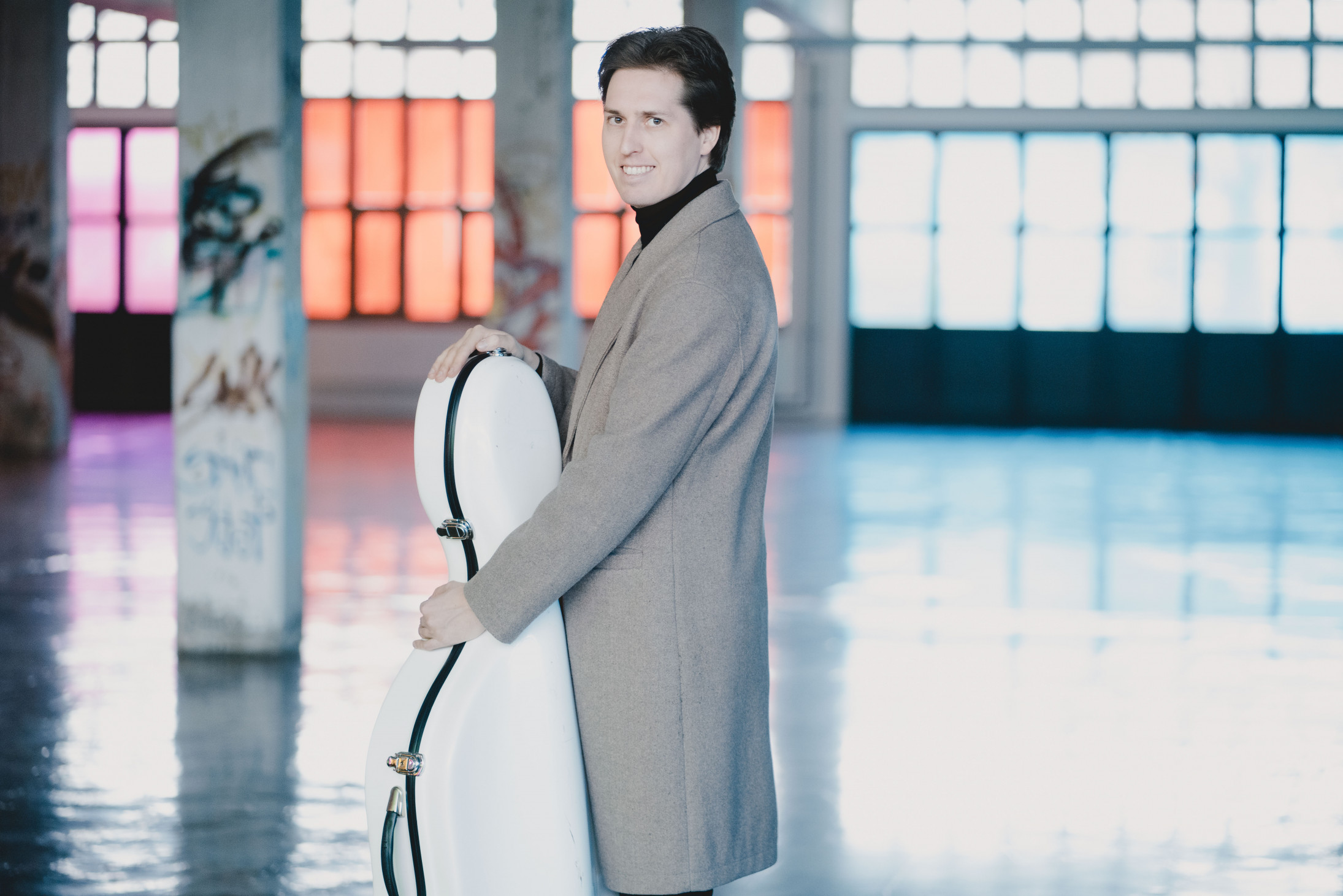
Alexey Stadler has held a professorship for cello at the HfMT since October.
The exceptional cellist, who celebrates his successes on international stages, has had close ties with the city of Hamburg for a long time and the position at the HfMT feels like coming home. "It just feels right".
He identifies two important goals for the class he is building up:
"I want to accompany each individual at eye level and individually. Because everyone has different issues and goals and needs a different kind of support. We need to work this out together." On the other hand, the relationship with the audience is particularly important to him: "We are there for the audience and have to ask ourselves "For whom, why and what am I doing and what do I want to say with it?" "Who am I" is not enough, because in the end it's not about us."
Music education will therefore be an integral part and concerts must be designed in such a way that visitors can feel completely inspired and enriched.
Stadler's inaugural concert in the Laeiszhalle's Small Hall will feature works with which he has a special connection and invites the audience to get to know him artistically. The program includes works by Schumann, Schnittke and Pärt.
Alexey Stadler's inaugural concert on January 24 at the Laeiszhalle
"CONSOLATION AND DEFIANCE" - A RESPONSE TO THE MOZART REQUIEM
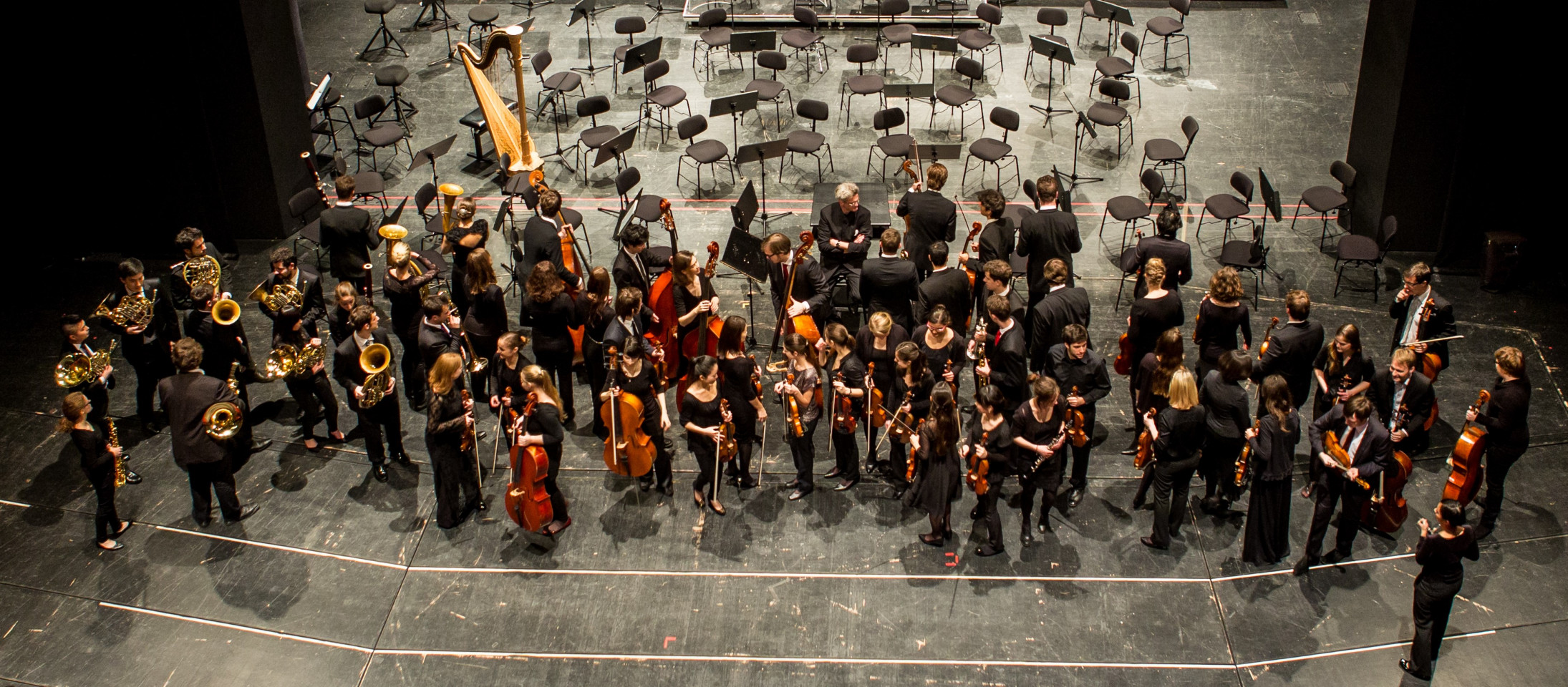
At the end of January, the Mozart Requiem and then Beethoven's Second Symphony will be on the music stands of the symphony orchestra and chamber choir. Conductor Prof. Ulrich Windfuhr on the program:
"The transition created is of a programmatic and art-aesthetic nature. Mozart himself could not finish writing his Requiem and could not give his (musical) answer to death because he died while composing it. None of the versions we perform today were written by him. In most cases, we hear the version completed by his pupil Süßmayr. The unfinished work continues to challenge us... In 1802, Ludwig van Beethoven expressed his horror at the fate of his progressive deafness in the so-called Heiligenstadt Testament. The man so richly endowed by fortune struggles with his fate and expects to die soon. A short time later, Beethoven composed his second symphony, which is one of the most powerful and positive works in music history."
In the concert, the students and their conductor draw the programmatic bow to a great "Nevertheless" or - to paraphrase Hugo von Hofmannsthal - "Music is a sacred art, to gather all kinds of courage". The answer to the lack of completion is found in the text of another composer.
WHAT ELSE IS GOING ON
can be found as usual in our online calendar of events.
We look forward to your visit!
FOLGEN SIE UNS!



